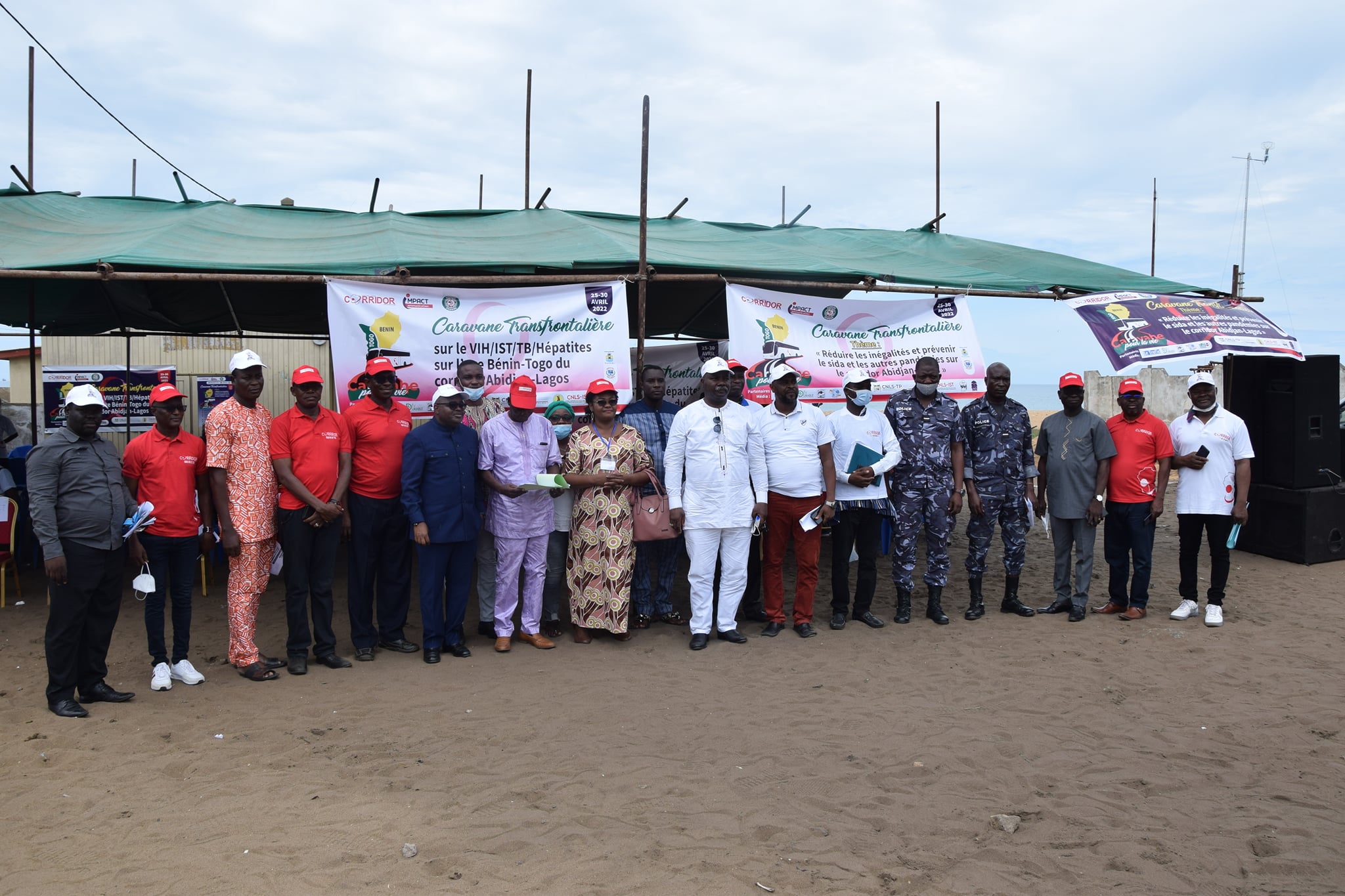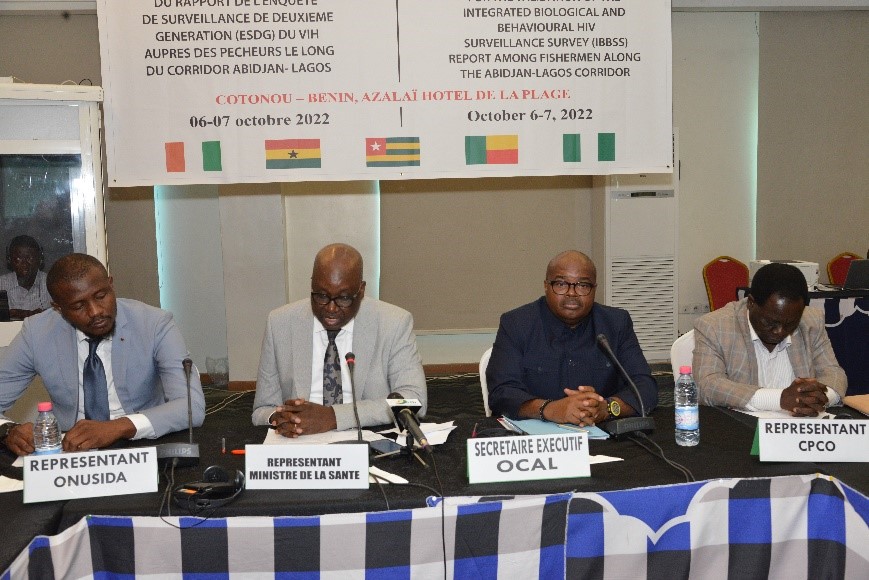The Abidjan-Lagos corridor is considered as an economic corridor in the West African sub-region with over 2/3 of activities focused on trade, transport and transit. Furthermore, this corridor includes a resident population estimated at over 35 million, with nearly 47 million people in transit on yearly basis. It is nearly a thousand kilometer paved road serving all major economic cities namely: Abidjan, Accra, Lomé, Cotonou and Lagos. These cities serve at the same time as transit point for landlocked countries ports.
Notwithstanding these strong records, Abidjan-Lagos corridor is confronted with several physical and non-tariff barriers, making it less competitive compared with other corridors.
In response to these obstacles, Abidjan-Lagos Trade and Transport Facilitation Project (ALTTFP) was established by ECOWAS with support of the World Bank.
This project is fully integrated in ECOWAS and WAEMU regional program for facilitation of land transport and transit. The objective is to reduce impediments to trade and transport in the ports and on the roads along Abidjan-Lagos corridor member countries.
It became applicable in August 2010 and comprises two phases. Phase 1 (APL 1) includes Ghana, Togo and Benin and phase 2 (APL 2) includes only Côte d’Ivoire1 which signed its grant agreement with the World Bank in July 16, 2012. As regards phase 1 countries, the Project came to an end on 30th September 2016 for Togo, 30th June 2017 for Benin and Ghana, while in Côte d’Ivoire project end is scheduled for 29th March 2019.
ALTTFP comprises four components.
(i) Component A: Trade facilitation, (ii) Component B: Improvement of the corridor road infrastructures, (iii) Component C: Management and Coordination of the project and (iv) Component D: Monitoring the corridor performance and the fight against HIV /AIDS.
The first three components are implemented by the Project Coordinating Units (PCU) of each of the countries with support from implementing agencies, while component D was entrusted to ALCO.
To fulfill its mission, ALCO developed a methodology for data collection on the project performance indicators, duly validated by all countries implementing the Project.
ALCO data collection system is based on routine collection carried out by focal points recruited within the Project partner administrations (Customs services, Police, Ports, Public Works, HFU), the private sector (transport operators, truck drivers, consignees, freight forwarders and cargo handlers) and periodic surveys (Observatory of Abnormal Practices, studies on the IRI, Second Generation Surveillance Survey of HIV).
This Year 8 report covers the period from July 2017 to June 2018 and July to December 2018 for some contractual indicators (data collected on those indicators). It is subsequent to Year 7 report covering July 2016 to June 2017, and highlights progress made towards implementation of ALTTFP and Accra Memorandum of Understanding signed in 2007. It outlines the behavior of the project performance indicators over the reporting period on the one hand, and the challenges and recommendations formulated for Abidjan-Lagos Corridor performance improvement on the other hand. It is the last report elaborated as part of the project implementation in Phase 1 countries namely Ghana, Togo and Benin, and Phase 2 country which is Côte d’Ivoire.



